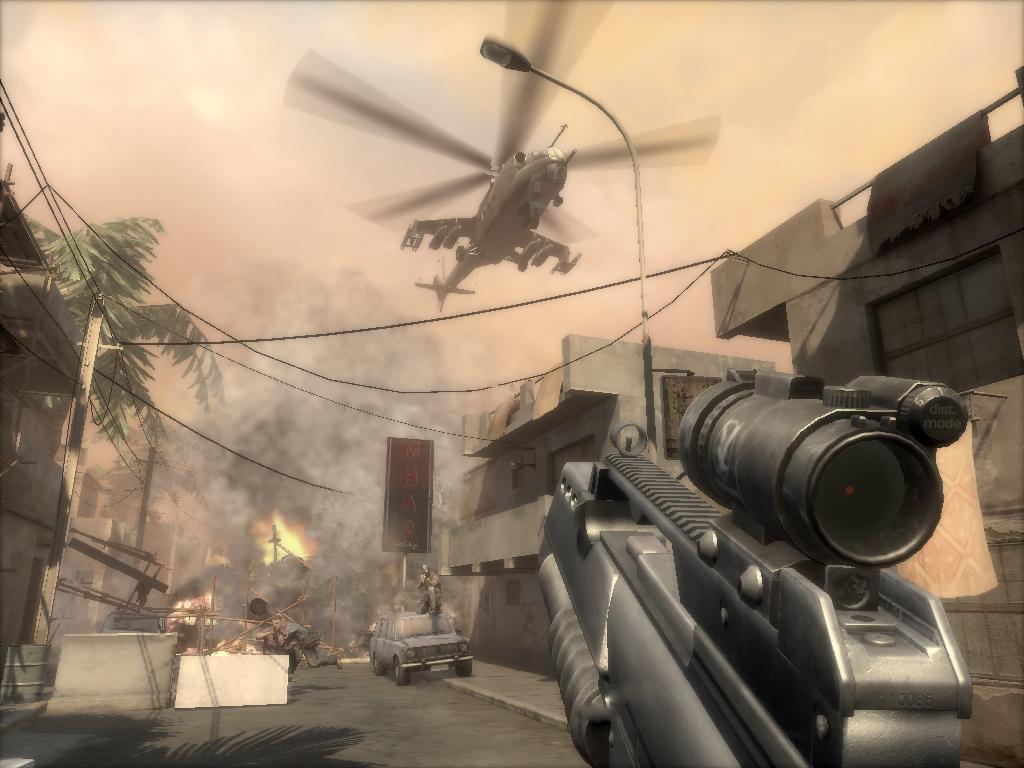
I’m very resistant to the way that women are treated in Somali society and laws. When I am writing, I feel as if I’m alive. But something about it clicked, and I felt as if I’d come alive. That was kind of the opposite of what my family would have said was a good use of my life, as an Oxford graduate, as someone who’d had the benefit of going through the whole education system here and having other options available.īeing a writer, leaving university and looking unemployed, you were employed in your mind but on the surface you looked like you were not doing anything. He also has a rebellious streak that you said you identify with. All of these things make me very attuned to power and where it lies, and where it doesn’t lie. I don’t get my politics from critical theories, I get them from my own lived experience as a woman, as a Black woman, as a Muslim, Black woman. His political awareness was from a lived experience, and I think that’s probably the case with me as well. You’ve said that in a strange way you find much of yourself in Mahmood. Even now when I speak to the children in my family, and they talk about their experiences of racism, the way that the teachers talk to them or about them, you can see that they’re another generation that will have to carry on the struggle. I’ve always seen the side of the state, and that’s probably why I was able to keep the interest in Mahmood Mattan’s story for all those years, because I knew this wasn’t anything that was changing quickly.

These are edited excerpts from that conversation. In a video interview from her London home earlier this month, Mohamed, 40, spoke about why she decided to tell this story, how it relates to her life and how writing it helped her connect with her family’s past. publisher, has moved up the book’s American release to December from March 2022.

The novel is one of six shortlisted for this year’s Booker Prize, and Mohamed is the first British Somali writer to be a finalist. The novel tells the real-life story of Mahmood Mattan, a Somali sailor in Wales who was falsely accused and hanged in 1952 for the murder of a shopkeeper.įor Mohamed, who was born in Somalia but grew up in England, writing “The Fortune Men” was “cathartic,” she said, an opportunity to return to her father’s world as well as a way of processing the death of one of her uncles, who was killed outside his shop in Hargeisa. But it was while writing her latest novel, “The Fortune Men,” Mohamed said, that things finally fell into place. Her second, “ Orchard of Lost Souls,” chronicles the lives of three women in Somalia on the cusp of civil war. LONDON - In her debut novel, “ Black Mamba Boy,” Nadifa Mohamed wrote about her father’s odyssey from East Africa to Europe during the 1930s and ’40s.


 0 kommentar(er)
0 kommentar(er)
